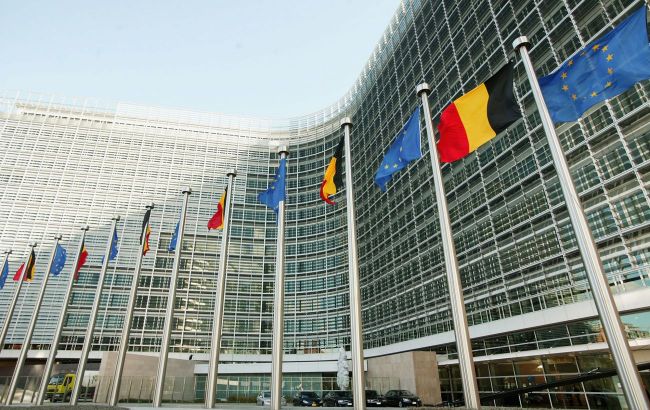EU to introduce probation period for new members, meaning for Ukraine named
 European Commission (Photo: Getty Images)
European Commission (Photo: Getty Images)
The European Commission is discussing the introduction of a probationary period for new European Union members, with the possibility of suspending their rights or expelling them from the bloc in case of violations of democratic principles, according to a Financial Times report.
The Commission is developing proposals that would not only strengthen oversight of compliance with democratic standards but also allow for temporarily limiting a country’s participation in EU institutions if it departs from key principles.
This step is linked to growing concerns among European capitals that potential candidates, including Ukraine, Moldova, and Western Balkan states, may begin to drift away from standards of democracy, media freedom, and judicial independence after joining the EU.
Reasons for the initiative
The initiative emerged against the backdrop of the EU enlargement process, which had been effectively frozen for over ten years.
Russia’s full-scale war against Ukraine has once again made the integration of neighboring countries a priority for Brussels.
However, experience with Hungary, where Viktor Orbán’s government systematically violates democratic principles and weakens sanctions policy against Moscow, has prompted EU member states to act more cautiously.
As the EU Commissioner for Enlargement stated, he doesn’t want to be remembered as the commissioner who brought in Trojan horses active in five, ten, or fifteen years.
According to her, European capitals show far more restraint in closed-door negotiations than in public statements supporting new members.
Possible consequences and reactions
Under the new scheme, the European Commission proposes strengthening the rule of law guarantees and creating mechanisms to temporarily suspend a country’s rights or benefits if it systematically violates the Union’s values.
In the case of repeated violations, the document provides for the possibility of expelling a country from the bloc. This approach could draw criticism from Kyiv and other candidate countries, which may see it as discriminatory.
The European Parliament is discussing an initiative to completely block access to Russian propaganda resources. This step aims to limit the spread of disinformation and strengthen cybersecurity within European structures.
Additionally, the Committee of Ministers of the Council of Europe has approved the preliminary adoption of a Convention establishing an International Commission to review claims and document damages caused to Ukraine by Russian aggression.

